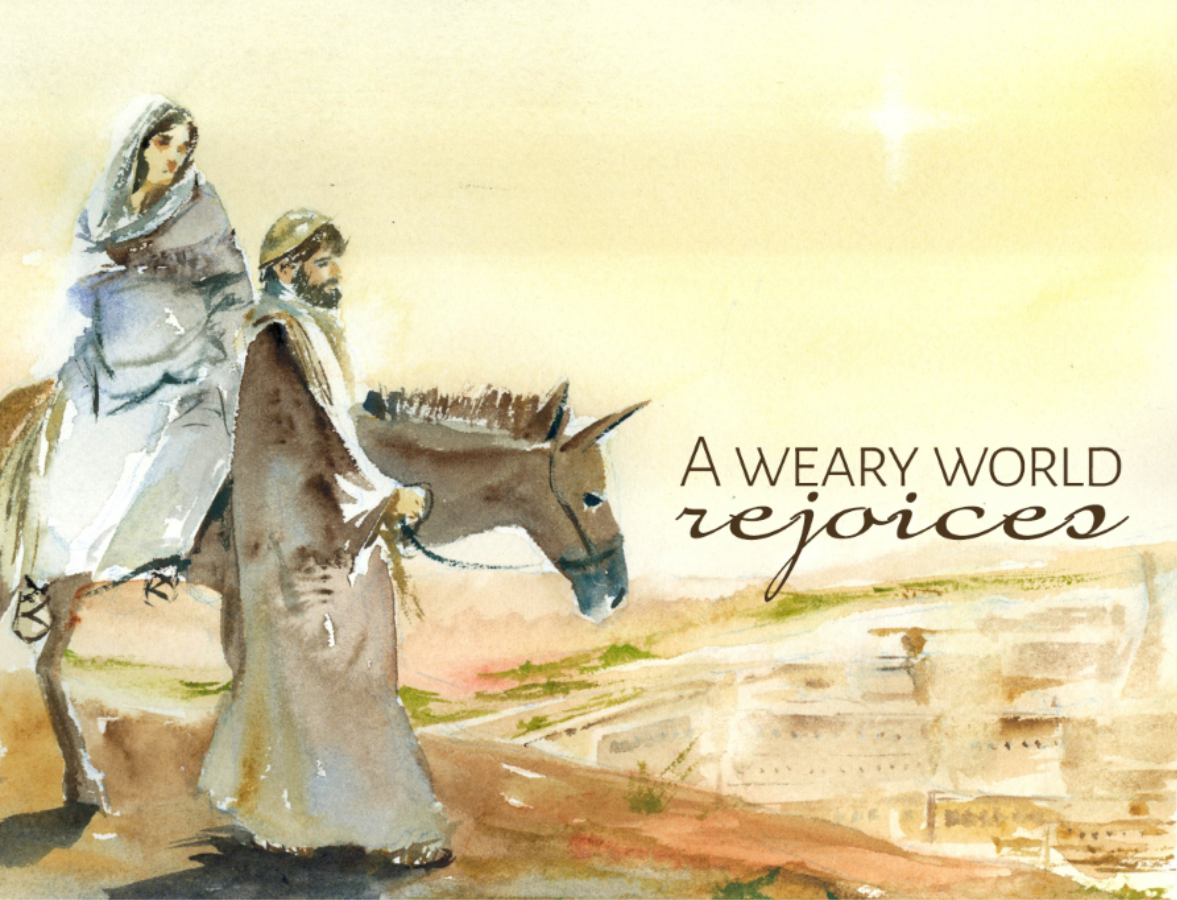Answering the Call
All three readings for the Second Sunday in Advent have a common theme of being called. Each of them expresses a definite call and an invitation to change. Baruch’s call, in chapter 5 of the Old Testament is to put on a new garment, “a robe of righteousness and a crown of eternal glory”. There is also a call to come together in unity. His recognition of the power of God to assist in the change is shown as God brings his people from bondage to level ground to a place fragrant with the scent of cedars.
In the second reading, in Philippians 1:3-11, the call is a need to grow in prayer. There also is an acknowledgment of the good already accomplished. However, there is a further call in the form of a challenge to continue in love as overflowing, a deepening in knowledge and insight.
The call in St. Luke’s Gospel is a familiar one as heard every year during Advent. It is the voice of one crying out in the wilderness, “Prepare the way of the Lord; make straight his paths.” Without doubt, this calls for work to be done which may begin in the deepest recesses in the self or it might be a place of darkness or light. Blame cannot be placed on what we have inherited or from where we have come. The work is there for us to do. We may need to seek help. Nothing says that we must work alone. God gives the challenge and is present if called upon.
John the Baptist issues the final urgent call when he insists, “Whoever has two coats must share with anyone who has none, and whoever has food must do likewise.” This is the call to LOVE.
As we allow the self to be touched, encouragement is at hand. The Advent Gospel proclaims:
Every valley shall be filled, and every mountain and hill shall be made low
and the crooked shall be made straight and the rough ways made smooth
and all flesh shall see the salvation of God.
By Sister Caroline Bering, csj
Photo credit: ignation .ca










